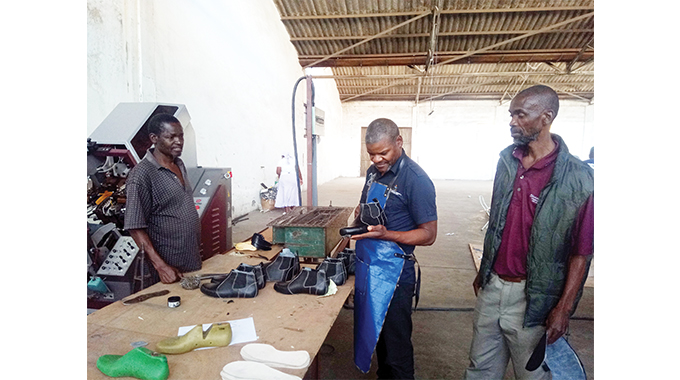‘Govt must abolish composite classes’

Michelle Nyanzira, Chronicle Reporter
LEGISLATORS have called on the Government to abolish composite classes whereby different grades are grouped together and taught at the same time.
The practice is prevalent in rural areas that are usually shunned by teachers because of poor infrastructure.
Such schools often record zero pass rates.
Bikita South legislator Cde Josiah Sithole who is member of the Parliament Portfolio Committee on Education told legislators in Parliament on Thursday that composite classes pupils have less learning time.
He said primary school learners in Zimbabwe who are taught in composite classes register poor Grade 7 results.
The need to abolish these classes from the education system attracted intense debate as some legislators said this is not feasible given the shortage of teachers in rural areas.
The MPs however acknowledged that composite classes are not easy to teach, particularly now that there is a new competence-based curriculum.
“Primary schools now do more subjects and six of them are set for examinations. These subjects are a local language, English, Mathematics, Social Science, Physical Education and Arts, Sciences and ICT. Such subjects can be broken into eleven components which a teacher has to scheme or plan for and in this case, it becomes really difficult for a teacher who has to teach two or three classes because that load will not be manageable,” said Cde Sithole.
He said a recent research found out that the weaknesses of this mode of teaching included upper grades taking time learning lower grades material, inadequate time for individual learner attention, inclusion of the head as a full time teacher, teachers concentrating on upper examination classes at the expense of the lower classes and untrained teachers teaching composite classes.
Cde Sithole said most of the affected schools had not been visited by the district education staff for the past five years.
He said the system also frustrated gifted higher grades learners who did not need the revision and also demotivated lower grades who could not keep pace with the upper grades learners.
“Composite classes are common in small and large-scale commercial farming, resettlement and other sparsely populated communal areas that have very low enrolments and some of them are actually threatened by non-viability. Following the announcement of the 2020 Grade 7 results and the high prevalence of zero percent pass rate in Lupane district, a research was carried out on the possible causes of high failure rates. It was observed that most of the Grade Seven learners were reading at Grade Three to Grade Five levels. Learners were good at oral responses but poor at written work. The majority of schools with zero percent pass rates had composite classes,” said Cde Sithole.
Bikita East legislator Cde Johnson Madhuku said composite classes specifically relates to the primary school sector which is different from the secondary school sector because the teachers go into the classroom, teach specific subject areas and after teaching a specific subject area, the teacher leaves the class and gives way for another teacher to come in with a different subject.
“Teachers are not trained to teach these composite classes. They increase the workload for the teacher in terms of planning, teaching, marking, practical work and extracurricular activities. The teacher has to ensure that he takes these grades because they are operating at different levels. Some learners and some classes are left unattended because the teacher would be busy with another class.”
Proportional Representation Member of Parliament Ms Nyaradzai Mago said composite classes mostly happen in rural areas where there are no adequate classrooms.
“If you also look at those schools, you find that the headmasters will also have classes to teach, they are supposed to carry other duties that the headmaster is supposed to do.”
Cde Sithole urged the Ministry of Public Service, Labour and Social Welfare to employ more teachers to address the problem of composite classes. — @michieroxy











Comments